Premium Only Content
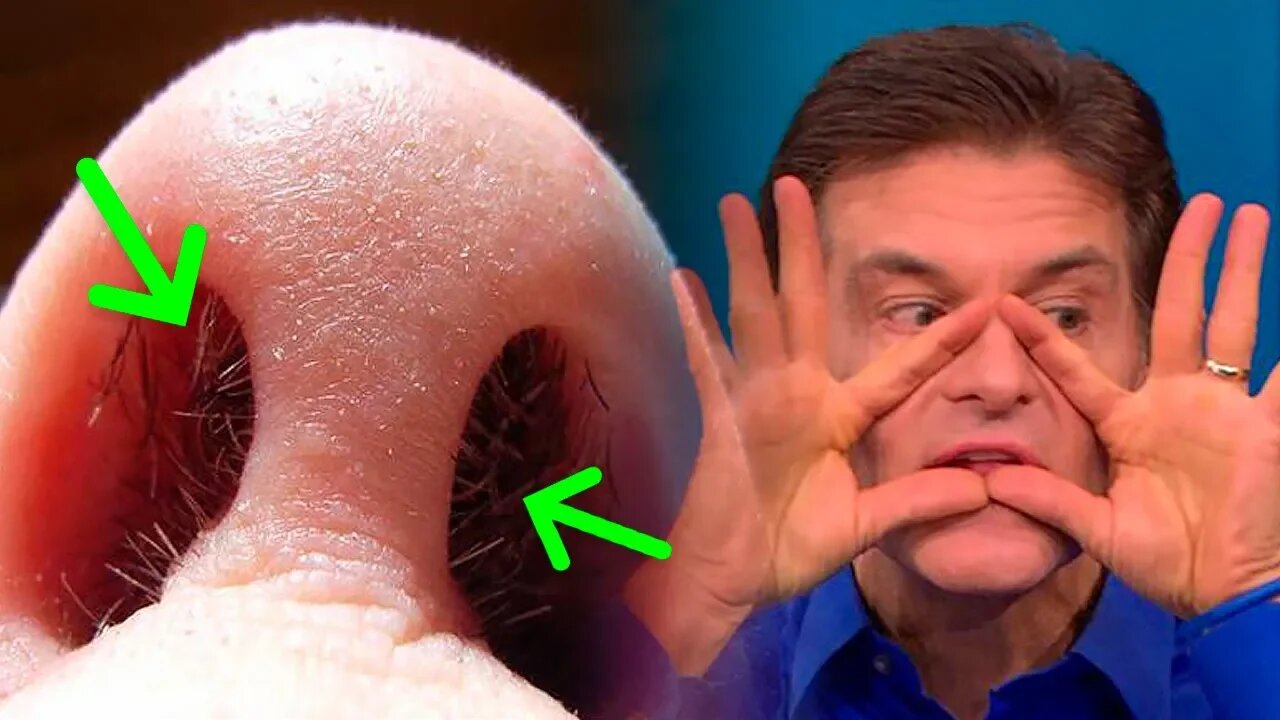
Stop Plucking Nose Hairs! Here's Why You Shouldn't Pluck Your Nose Hairs
With the appearance of new techniques, treatments and beauty products, people take care of their appearance more and more. For example, hair removal has evolved and now contains several different techniques.
Have you ever noticed the tiny hairs in your nose? No matter how much they may bother you, they play an important role in your health.
In today's video we're going to explain why removing these hairs is not a good idea.
There are two types of hairs in your nose and they're very important:
The visible ones that we normally want to pull out, and other extremely small hairs called vibrissa, which are responsible for filtering the mucus and moving it to the back part of your nose. The hairs in the first part of your nose also filter large dust particles that could be breathed in.
If you ever remove these hairs there’s nothing there to keep the germs and dust particles from entering into your body and causing an infection. Another problem is the veins located in your nose, which are connected to the veins that transport blood to the brain. If germs reach them, it may cause more serious problems such as meningitis or a brain abscess.
Due to this susceptibility to infections, the area that includes your nose and mouth is known as the “danger triangle.”
Although they're rare, these infections can be quite serious, especially for people with weak immune systems. Furthermore, certain infections can lead to death, depending on their severity.
But don't worry, the answer is simple. Instead of pulling out these hairs, just trim them, but be careful not to hurt the skin inside your nose.
Source(s):
https://www.cnbc.com/2014/05/20/dont-mess-with-triangle-of-death-dr-oz-warns.html
----------------------------------------
Facebook: https://bit.ly/38BWbw3
Pinterest: https://bit.ly/2Irvwa6
Disclaimer: The materials and the information contained on Natural Cures channel are provided for general and educational purposes only and do not constitute any legal, medical or other professional advice on any subject matter. These statements have not been evaluated by the FDA and are not intended to diagnose, treat or cure any disease. Always seek the advice of your physician or other qualified health provider prior to starting any new diet or treatment and with any questions you may have regarding a medical condition. If you have or suspect that you have a medical problem, promptly contact your health care provider.
-
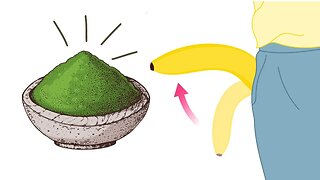 6:47
6:47
Natural Cures
1 year ago $1.34 earnedIf You Take Moringa Powder Every Day, This Will Happen to Your Body
4.78K3 -
 1:09:24
1:09:24
Timcast
2 hours agoTrump WINS American Approval After Speech, Democrats PANIC As Party COLLAPSING, Dem Voters QUIT
48.2K64 -
 2:10:02
2:10:02
Matt Kohrs
10 hours agoStocks on Edge, Breaking Market News & Live Trading $1M || The MK Show
64.7K6 -
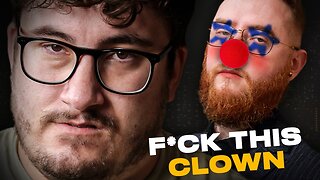 1:38:43
1:38:43
Caleb Hammer
1 hour agoThis One Will Trigger You | Financial Audit
26.3K -
 LIVE
LIVE
LFA TV
16 hours agoUNHINGED & DESTRUCTIVE! | LIVE FROM AMERICA 3.5.25 11AM
5,880 watching -
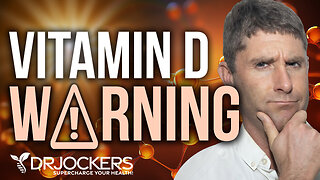 14:39
14:39
Dr David Jockers
2 hours ago $1.11 earned12 WARNING Signs You’re Low on Vitamin D You Need to Know!
22.4K1 -
 50:13
50:13
BonginoReport
6 hours agoState of the Union Breakdown: Democrats' Disastrous Decorum (Ep.153) - 03/05/2025
118K238 -
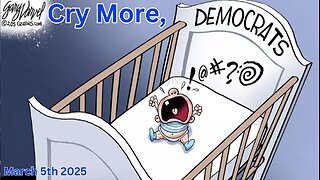 2:58:35
2:58:35
Wendy Bell Radio
8 hours agoCry More, Democrats
130K109 -
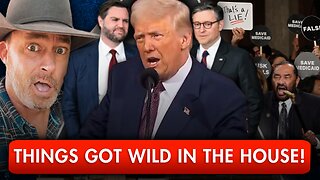 1:21:20
1:21:20
Dear America
12 hours agoTrump DOESN'T HOLD BACK In Speech To Congress FULL RECAP!
78.3K24 -
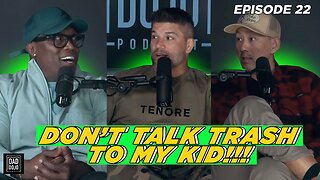 36:09
36:09
Dad Dojo Podcast
4 hours ago $0.63 earnedEP22: Don't Talk To My Kid!!!
24.6K